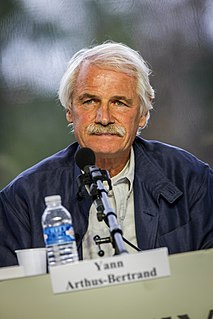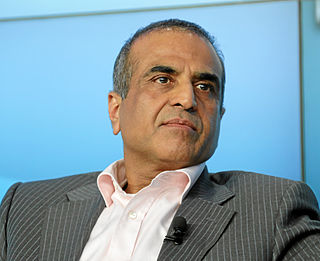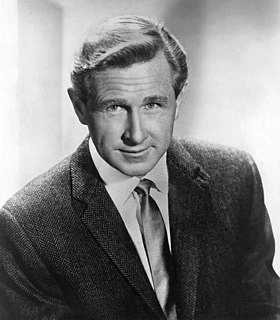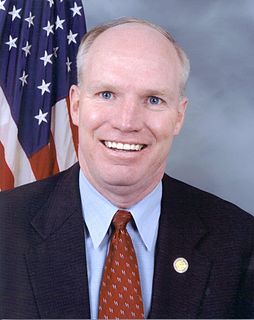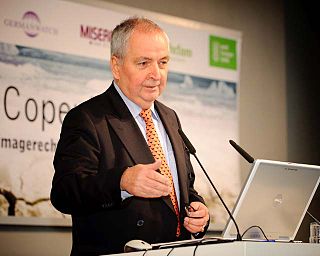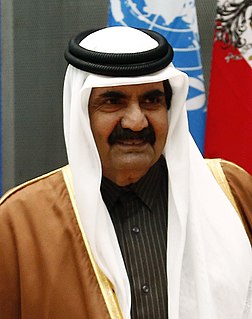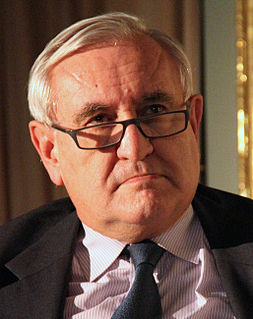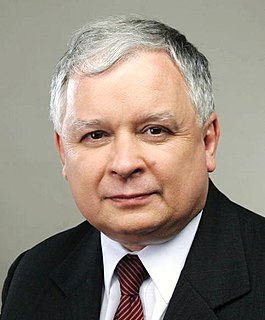Top 1200 Countries Of The World Quotes & Sayings - Page 2
Explore popular Countries Of The World quotes.
Last updated on April 22, 2025.
Climate change hype has grave real world consequences. It gets rich countries to adopt silly policies and to impose devastating eco-imperialism on poor countries. The world's rich millions can afford environmental extremism; its poor billions can't. Climate change pseudo-science about human causality has been exposed repeatedly. What's less appreciated is that there aren't more natural disasters in need of an explanation.
I think that Canada is one of the most impressive countries in the world, the way it has managed a diverse population, a migrant economy. The natural beauty of Canada is extraordinary. Obviously there is enormous kinship between the United States and Canada, and the ties that bind our two countries together are things that are very important to us.
I'm not talking about him; I'm talking about the countries that go to support [Antonio] Guterres plan, because he needs the support of other countries, he cannot achieve that plan while many countries in the world are still supporting the terrorists in Syria. So, of course we support it, whether helping the people to live, to go back to their country, and to live in security without terrorists.
80 percent of the export of armament in the world comes from the G8 countries. [The] United States alone exports about 50 percent of the world's armament, [for] which, of course, there has to be buyers, and the buyers are very terribly keen, very often military dictator[s] or sometimes not military dictator[s] but for military purposes. But the sellers are also promoting this trade. And two thirds of the arm exports go to developing countries. I'm in favor of putting a control on it, a ban on it.
What you need to know about North Korea is that it's not like other countries like Iran or Cuba. In those countries, you have some kind of understanding that they are abnormal, they are isolated and the people are not safe. But North Korea has been so completely purged from the rest of the world, it's literally a Hermit Kingdom.
My vision of a better world would be one under the control of a strong United Nations, one that truly has the support of all countries in the world. Only an effective world government could provide sufficient law and have the power to control the unboundaried destructive forces of pollution and war. I will continue to be a leader in the World Federalist Association.
It's not an accident that the U.S. ranks lowest of all major donor countries in the world - that is the share of our income that goes to development aid. Americans will ask whether, because were so generous privately, that makes up the difference. But it doesn't. We still rank far below other countries.
Let's all recognize that, in a world full of disgusting dictators, Bashar Assad maybe ranks at the top. This is a guy, in order to hang on to power, has allowed 400,000 people in his own country to be killed and millions to be displaced. Our goal, long term, has got to work with countries around the world. We cannot do it unilaterally. We've got to work with countries around the world for a political solution to get rid of this guy and to finally bring peace and stability to this country, which has been so decimated.
I am a great supporter of bionics and this diversity in nature, this genetic diversity, is not available for free. We, as industrialized nations, have already sinned enough, and we have significantly reduced biodiversity in our countries. But now we expect the poor, less developed countries of the world to preserve their rainforests, mangrove forests and coral landscapes for us at no charge.
Look at all the misery in the Middle East, for example. All these countries have Islam in common, and far too few dare to criticize Islam as an ideology, and what it's doing to these countries. I know I might get punched in the face for saying these things, but my conviction is that less religion in the world would be better.
Women of all ages in countries around the world are raped at all different times of day, in different circumstances, wearing all different kinds of clothing (including in countries where the majority of women wear completely covering clothing). The one thing they all have in common? They came into contact with a rapist.
I think the retirement crisis globally is a major problem. I think it's especially prevalant in countries such as Japan, where immigration is an issue. I think the US is more shielded from it than most countries in the world. It has a higher birth rate than Japan, immigration is tolerated here unlike probably it is in Japan. I don't think it's as big an issue in the US as it is elsewhere in the world.
Toward the middle and end of the Fifties, West European countries became somewhat more important as providers of aid to underdeveloped countries. It was partly due to the prodding of the United States that these countries, as they regained economic viability, should shoulder their share of the aid burden.
I think, while it is true that the Hillary Clinton and I voted differently on the war in Iraq, what is important is that we learn the lesson of the war in Iraq. And that lesson is intrinsic to my foreign policy if elected president, is the United States cannot do it alone. We cannot be the policeman of the world. We are now spending more I believe than the next eight countries on defense. We have got to work in strong coalition with the major powers of the world and with those Muslim countries that are prepared to stand up and take on terrorism.
Some people say that the West has a cruel history. These people also may see the achievements of Western countries - in terms of the economy, education, health, and social achievements - as a result of exploitation of poorer countries, including Arab countries. Western nations get rich by using resources such as Arab oil. Meanwhile, the countries supplying them raw materials remain poor. Due to such injustices, jealousies are created.
First, climate change is the greatest long-term threat faced by humanity. It could cause more human and financial suffering than the two world wars and the great depression put together. All countries will be affected, but the poorest countries will be hit hardest. Secondly, the costs of inaction far outweigh the costs of action.
We should recall that during the Second World War and the Great Depression there was an upsurge in popular, radical democracy. In all over the world. It took different forms, but it was there, everywhere. In Greece it was in the Greek revolution, and so on. And it had to be crushed. In countries like Greece, it was crushed by violence. In countries like Italy, where the US forces entered in 1943, it was crushed by attacking and destroying the anti-German partisans and restoring the traditional order.
Relations between the United States and other countries, and our role as a global leader, are advanced by our willingness to help other countries in need. Foreign aid is essential to protecting U.S. interests around the world, and it is also a moral responsibility of the wealthiest, most powerful nation.
I'm a pacifist. I believe there are ways to solve the world's problems. Instead of putting all this money to create arms, I think countries should invest in scholarships for kids to study abroad. Perhaps they could become good and knowledgeable professors in their own countries. You need time for that kind of change, though.
More than 180 countries around the world have ratified CEDAW, some with reservations. While the United States signed the treaty in 1981, it is one of the few countries that have not yet ratified it. As a global leader for human rights and equality, I believe our country should adopt this resolution and ratify the CEDAW treaty.
I've lived a lot in communist countries and they're intensely interested in money. I think they are more interested in money than capitalists are. They're the most materialistic people in the world. What they're actually living for is material things. The irony of that is that in communist countries there isn't anything to buy.
In the period after the Second World War, there were still leaders in Europe who represented weak countries, but possessed a sense of global foreign policy. Nowadays, on the other hand, there are politicians who represent pretty powerful countries, but whose citizens are not prepared to sacrifice themselves for the state.
Studying in countries like China isn't only about your prospects in the global marketplace. It's not just about whether you can compete with your peers in other countries to make America stronger. It's also about whether you can come together and work together with them to make our world stronger. It's about the friendships you make, the bonds of trust you establish and the image of America that you project to the rest of the world.








